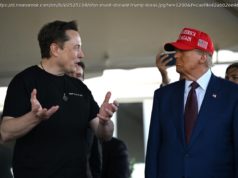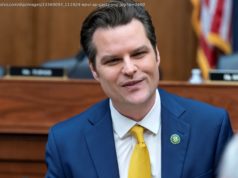Sri Lanka’s Parliament debates no-faith motion against prime minister, a move that threatens the country’s unity government elected on a platform of good governance.
Sri Lanka’s Parliament is debating a no-faith motion against Prime Minister Ranil Wickremesinghe on Wednesday, a move that threatens the unity government elected on a platform of good governance.
The motion brought by a group led by former strongman Mahinda Rajapaksa was taken up for debate and a vote will be taken later in the day. Wickremesinghe needs 113 votes in the 225-member Parliament to defeat the motion.
The main allegation involves his appointment of a foreigner as the central bank governor who is now accused of leaking inside information to benefit his son-in-law in a treasury bond sale.
Sri Lanka’s police have sought Interpol assistance to arrest Arjun Mahendran, the former central bank governor, a Singapore national, while his son-in-law and another official are arrested.
According to a presidential commission’s findings, Mahendran’s son-in-law allegedly made profits of $72 million from the dealings in a short time while the state has lost about $55 million.
Opposition lawmaker Dinesh Gunawardena opened the debate, saying Wickremesinghe was responsible for the scam as he appointed a foreign national to head a sensitive institution as the central bank and that its impact is felt in the country’s economy with low investor confidence.
Government Minister Lakshman Kiriella said two inquiries have taken place regarding the bond scam —one a through a parliamentary committee and a presidential commission but both of them have not found fault with Wickremesinghe.
Sri Lanka’s unity government formed by traditionally rival parties led by Wickremesinghe and President Maithripala Sirisena is threatened with sections in Sirisena’s party mulling voting against the prime minister. A victory for the motion would boost Rajapaksa in his plan to recapture power.
Rajapaksa was defeated in the 2015 presidential election after Sirisena, who was his health minister, defected and joined Wickremesinghe in an election alliance.
After being elected president as a neutral candidate, Sirisena accepted an offer from Rajapaksa to take over his Sri Lanka Freedom Party and from then on party rivalries have been simmering within the same government.






